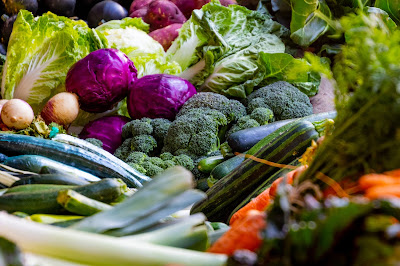Some women just know when they are done having children but that isn't all women. For some, it really is a decision that doesn't come easily or to rest in your mind, just because your best friend wants nothing more to do with snotty noses and 2 AM feedings. If there is anything to be learned, it's to master the art of not worrying about everyone else and what's hot or not and worry about you. The decision to have a child or not is so utterly private and personal it belongs within the archives of your own heart and mind.
Consider your level of satisfaction with the family you have. Sometimes the noise of the world makes it impossible to feel anything but rushed and less than. Spend some time in quiet thought while you consider where you are in life, where your family is. Do you feel a void in your family or is there a feeling of contentment?
Sometimes, it's not a decision that needs to be made right now, today. Take it one day at time. Let the time frame be open and let the idea ride on the wave of every day. When we live the questions, the answers often come softly, gently and clear.
Here's where I offer a word of caution, never make a decision on a bad day. You know the day...when kids won't stop fighting, your husband is late getting home, the laundry has piled up...that kind of a day. Save the big decisions for when the days are calm and you have energy and strength to think clearly.
As our stages in life change, it can be tough to accept that we are moving on to a new chapter. It's hard to imagine how the new pages will unfold and what life will look like as everyone grows and evolves. It's normal to have feelings of trepidation, even anxiety during these times and seasons. Remember that it's okay to not have every minute of your life planned out. If needed, come in and talk to one of our trusted providers. They can offer direction and advice.
Each stage of life brings a joy we have never known or felt before. The decisions we make at each crossroads will be ours to make and whatever else we do, never measure your choices against the yardstick of the world.







